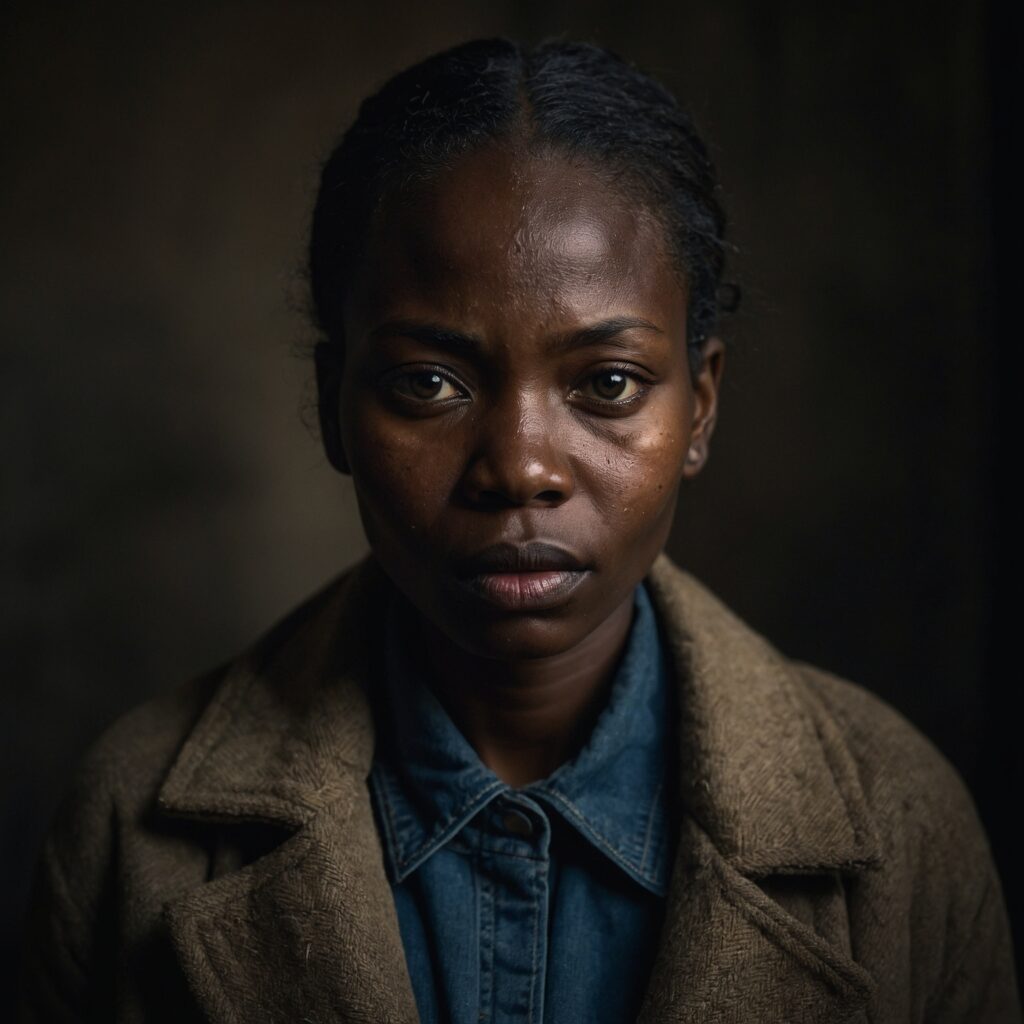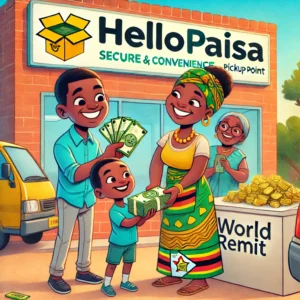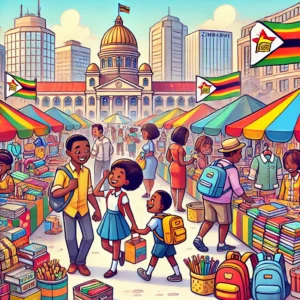Fungayi’s Nightmare: The Dark Side of Migrant Life on a Care Work Visa
Fungayi arrived in the UK full of hope, but her dream quickly turned into a nightmare. Trapped by an abusive employer, stripped of her rights, and isolated from the world, she found herself in a system designed to break her. With no pay, no freedom, and no way to escape, Fungayi’s story is a raw portrayal of the darkest realities migrants can face. This isn’t just a story of struggle—it’s a scream for justice.

Fungayi’s Struggle: A Zimbabwean woman’s face tells the story of her relentless fight against exploitation and hardship as a migrant worker in the UK.
Chapter 1: The Dream Dressed as a Trap
When Fungayi received her care work visa, her heart swelled with pride. She had been one of the few in her village in Zimbabwe to secure a job in the UK—an opportunity that meant lifting her entire family out of poverty. It wasn’t just a job; it was hope wrapped in a plane ticket.
But from the moment she stepped onto British soil, that dream began to rot.
The employer, Ms. Simmons, a woman who had promised her work, decent wages, and respect, didn’t even bother to show up at the airport. Instead, a bored-looking taxi driver dumped her at a freezing, rundown shack far away from the city. The “accommodation” was a filthy, drafty room with a single thin blanket thrown over a moldy mattress. There was no heating, no food, and not a soul to be found.
Fungayi didn’t know it yet, but she had just been swallowed by a system designed to chew people up and spit them out.
Chapter 2: The Tyrant Called Employer
Ms. Simmons was nothing short of a monster. When she did finally show up two days later, the first words out of her mouth were: “You’re already behind on your rent. That’ll come out of your wages.”
Fungayi blinked in confusion. Rent? She hadn’t even started work yet. But before she could protest, Ms. Simmons’ lip curled into a snarl. “If you think I brought you here to lounge about, you’ve got another thing coming.”
The promises of steady care work quickly dissolved into a twisted game of power. There was no real work lined up, only endless, menial tasks that had nothing to do with her training: scrubbing the floors, cleaning Ms. Simmons’ personal toilets, and being summoned at all hours for the most degrading tasks imaginable.
“Oh, by the way,” Ms. Simmons sneered, “I’m keeping your passport for safekeeping. You wouldn’t want to lose it now, would you?”
In that moment, Fungayi realized: she was trapped. She had no passport, no power, and no way out.
Chapter 3: No Pay, All Pain
For weeks, Fungayi worked like a dog. The care work that was supposed to pay for her family’s survival in Zimbabwe never materialized. The few shifts she got were unpaid because, according to Ms. Simmons, “the agency fees eat into your wages.” Every time Fungayi asked for the money she was owed, Ms. Simmons would laugh in her face.
“You think you’re entitled to something? Be grateful I haven’t kicked you out.”
Days turned into weeks, and the humiliations piled on like bricks in a wall that was closing in on her. Fungayi wasn’t just unpaid; she was actively losing money. Ms. Simmons had devised a scheme where every single thing cost something: rent for the rat-infested room, deductions for food that was never provided, “uniform fees” for clothes that never existed.
By the end of the month, Fungayi was hundreds of pounds in debt. Debt for a job that paid nothing. Debt that she could never repay.
Chapter 4: The Isolation Prison
The emotional abuse hit harder than the physical strain. Ms. Simmons controlled every aspect of Fungayi’s life. She wasn’t allowed to leave the house unless Ms. Simmons said so, and when she did, it was to run humiliating errands. Fungayi was never allowed to speak to the neighbors, never allowed to interact with anyone who might offer her help.
Her phone was confiscated under the pretense of “avoiding distractions.” Ms. Simmons called it “professional discipline,” but Fungayi knew the truth: it was control. Control over every single breath she took. When she wasn’t working, she was locked in her room, pacing like a caged animal, unable to call home and too ashamed to tell her family the truth.
When she finally did manage to sneak a phone call to her mother, the words stuck in her throat. “Everything’s fine,” she lied. Because how could she tell them that the job they had all sacrificed for had turned into a nightmare so deep she couldn’t see the bottom?
Chapter 5: The System that Betrayed Her
Fungayi wasn’t naïve. She knew things could go wrong, but she had put her trust in the system. She believed that if something went awry, the UK authorities, the same ones who issued her visa, would help her. What a sick joke.
When she reached out to the agency, desperate for intervention, they responded with chilling indifference. “That’s between you and your employer now,” they said. “We only handle the placement. If you’re not happy, maybe you should go back home.”
Go home? How could she go home with nothing? Her family had sold livestock and borrowed money to get her this visa. Returning empty-handed wasn’t an option. But the agency’s message was clear: You’re on your own.
When she turned to local authorities, hoping for a lifeline, the bureaucracy wrapped around her like a noose. Her visa was tied to Ms. Simmons. No work? No visa. No visa? Deportation. The threat hung over her like a guillotine, ready to fall the moment she stepped out of line.
Chapter 6: The Financial Abyss
The financial abuse was relentless. Every promise made to Fungayi had turned to dust. Ms. Simmons treated her worse than a slave—she was a burden, someone who existed to serve without reward. Fungayi was supposed to be sending money home to pay for her younger siblings’ school fees and medical bills. Instead, she was drowning in debt that wasn’t hers.
Ms. Simmons would mock her constantly: “Oh, dear, still no money to send back home? What a shame. Maybe if you worked harder, you wouldn’t be in this situation.”
Every word was like a dagger in Fungayi’s heart. She had come to the UK with dreams of providing for her family, but now she couldn’t even buy herself food. Fungayi’s meals, if you could call them that, were scraps—stale bread, half-rotten fruit, and whatever Ms. Simmons didn’t finish off her plate.
But worst of all was the guilt. Every time Fungayi thought of her family, every time she imagined her mother waiting for money that would never come, the shame gnawed at her insides. She was failing them. And it was killing her.
Chapter 7: The Physical Abuse: Hell Escalates
It didn’t take long for Ms. Simmons’ psychological torture to turn into physical violence. It started with slaps. Fungayi had been too slow to answer the doorbell one day, and Ms. Simmons lashed out, slapping her so hard across the face that her ears rang. The next time, it was for missing a spot while cleaning the bathroom.
Soon, it became routine. A slap here, a shove there. And then, the beatings. Ms. Simmons would take out her frustrations on Fungayi with whatever was closest—a wooden spoon, a shoe, her own fists. And when Fungayi cried, Ms. Simmons would sneer, “You want to complain? Go ahead. See who listens.”
No one did.
Fungayi wore her bruises like badges of shame, hidden under long sleeves and forced smiles. She knew she couldn’t go to the police—not without risking everything. And even if she did, who would believe her? A foreigner. A nobody.
Chapter 8: The Breaking Point
The day Fungayi snapped was the day she found out that her youngest brother had died. A preventable illness, her mother had said over a crackling phone line. They hadn’t had enough money for the medication.
Fungayi collapsed. The room spun around her, her vision darkening as the words sank in. He was dead. He was dead because she hadn’t been able to send money home. He was dead because she was trapped in this hell, working for a woman who saw her as less than dirt.
Fungayi screamed. She screamed until her throat was raw, until her voice broke. And in that moment, something inside her shattered.
Chapter 9: The Escape That Wasn’t
In the dead of night, with shaking hands and a heart full of rage, Fungayi packed what little she had left. She didn’t care anymore. She would rather be deported, rather sleep in the streets, than spend another second under Ms. Simmons’ roof.
But before she could leave, Ms. Simmons caught her. “Running away, are we?” she hissed. “Do you know what happens to girls like you? No papers, no money, no rights. You’re nothing.”
Fungayi had never felt such hatred in her life. It burned through her veins, hotter than any fire. But as much as she wanted to fight back, she couldn’t. Ms. Simmons had stripped her of everything—her dignity, her power, her hope.
Chapter 10: The End of the Line
Fungayi never made it out of that house. Not really. Her body may have survived, but her spirit was dead. The UK had promised her a future, but all it gave her was a living nightmare. She wasn’t a person anymore; she was a ghost, floating through the days, hollow and broken.
And the worst part? No one cared. Fungayi was just one of countless migrants trapped in a system that dehumanizes them, abuses them, and discards them like trash. She was invisible to the very people who could have helped her, and by the time anyone noticed, it was too late.
Because when you’re treated like nothing for long enough, you start to believe it.
This is a fictional story inspired by real struggles that many migrants face in the UK. While the character and events are fictional, they are based on the experiences and injustices that can occur in reality. This story is intended to raise awareness and provoke thought about the exploitation and abuse some migrants may endure.






